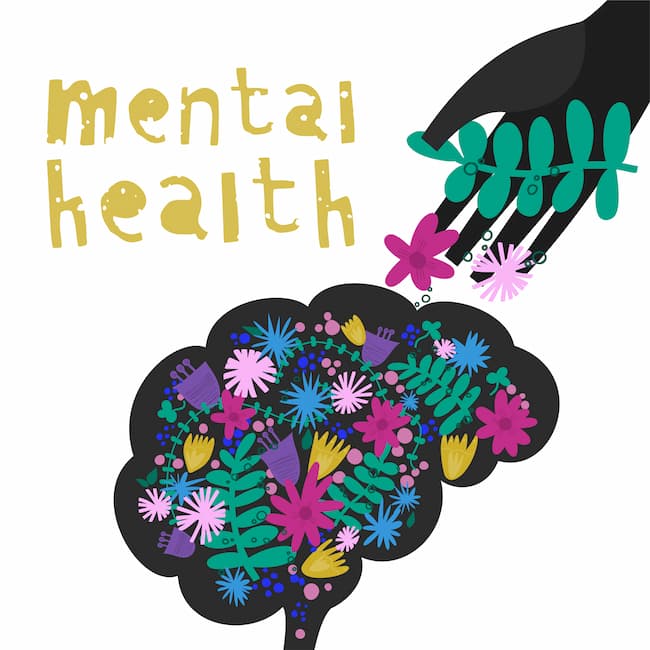The Federal Government of Nigeria has announced its intention to decriminalize attempted suicide, signaling a significant shift in its approach to mental health. This decision comes amidst growing calls from stakeholders and in response to the country’s alarming suicide rates, particularly among young people.
Coordinating Minister of Health and Social Welfare, Prof. Muhammed Pate, made the announcement during a press conference marking World Suicide Prevention Day. He revealed that there has been increasing pressure from stakeholders to decriminalise such attempts during a news conference in Abuja marking the 2024 World Suicide Prevention Day, which is themed “Changing the Narrative on Suicide.”
He highlighted the need for a supportive rather than punitive approach to individuals who attempt suicide, emphasizing the importance of providing help and support instead of stigmatization and punishment.
Presently, suicide attempts are criminalised under Section 327 of the Criminal Code Act, which states that “any person who attempts to kill himself is guilty of a misdemeanour and is liable to imprisonment for one year.”
“Instead of punishment and ostracism, we must extend helping hands and support, instead of sensationalizing reportage,” Pate stated.
Nigeria’s current laws criminalize attempted suicide, with individuals facing up to one year in prison. The government plans to amend these laws to align with international best practices and remove the stigma associated with mental health struggles.
He assured that the ministry is collaborating with the Office of the Attorney-General of the Federation to amend the current law. “Nigeria will soon join the committee of nations that have de-criminalised attempted suicide,” Pate added.
The National Suicide Strategic Framework (2023-2030), launched by the Ministry of Health, outlines key strategies to address suicide prevention and mental health challenges in Nigeria. One of the core objectives of the framework is to decriminalize attempted suicide and promote a more supportive environment for individuals experiencing mental health difficulties.
The World Health Organization (WHO) has also emphasized the importance of transforming societal attitudes towards suicide. Dr. Walter Mulombo, WHO’s Country Representative, stressed that for every completed suicide, there are likely to be many more people struggling with suicidal thoughts. He encouraged everyone to start conversations about suicide prevention and mental health to break down barriers and create a more supportive environment.
“This call to action encourages everyone to start the conversation on suicide and suicide prevention,” Mulombo said. “Every conversation, no matter how small, contributes to understanding the society. By initiating vital conversations, we can break barriers, raise awareness, and create better support.”
Mulombo further emphasized the need for prioritizing suicide prevention and mental health in policy-making, calling for policies that increase access to care and provide support for those in need.
In addition to decriminalizing attempted suicide, the Nigerian government is also working to improve access to mental health services. The Lagos State Government recently launched psychiatric services at Isolo General Hospital, expanding mental health support in the region.
Meanwhile, the Federal Neuropsychiatric Hospital in Yaba has reported a significant increase in psychiatric admissions, highlighting the growing need for mental health care in the country. A 100% increase in psychiatric admissions in 2023, with new cases rising by 7% and follow-up patients increasing by 3%. This surge is primarily attributed to the growing prevalence of mental health conditions, exacerbated by economic hardships, socioeconomic factors, and inadequate resources.
The move to decriminalize attempted suicide is a significant step towards addressing the mental health crisis in Nigeria. By prioritizing mental health support and reducing stigma, the government aims to create a more compassionate and supportive society for individuals struggling with suicidal thoughts.
This article was written by Tamaraebiju Jide, a student at Elizade University












